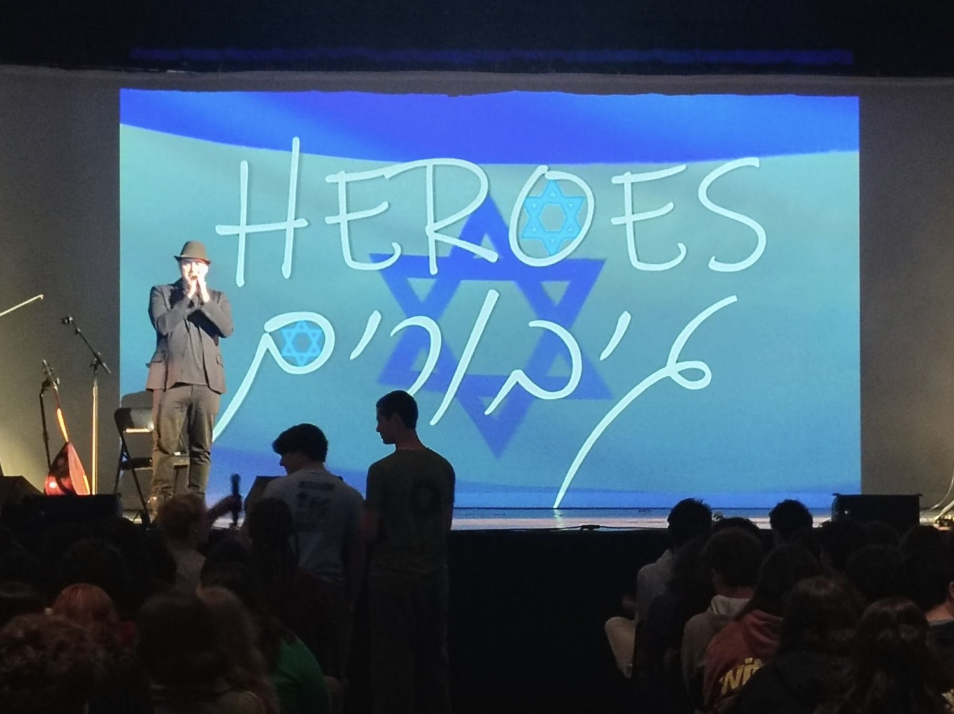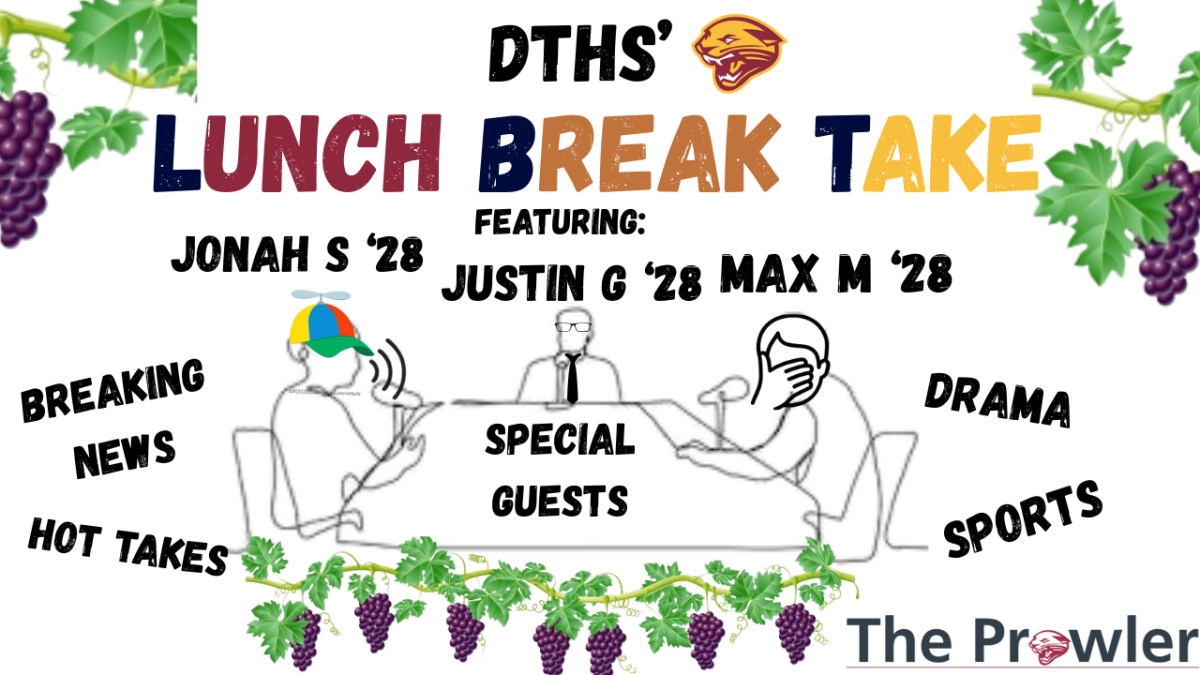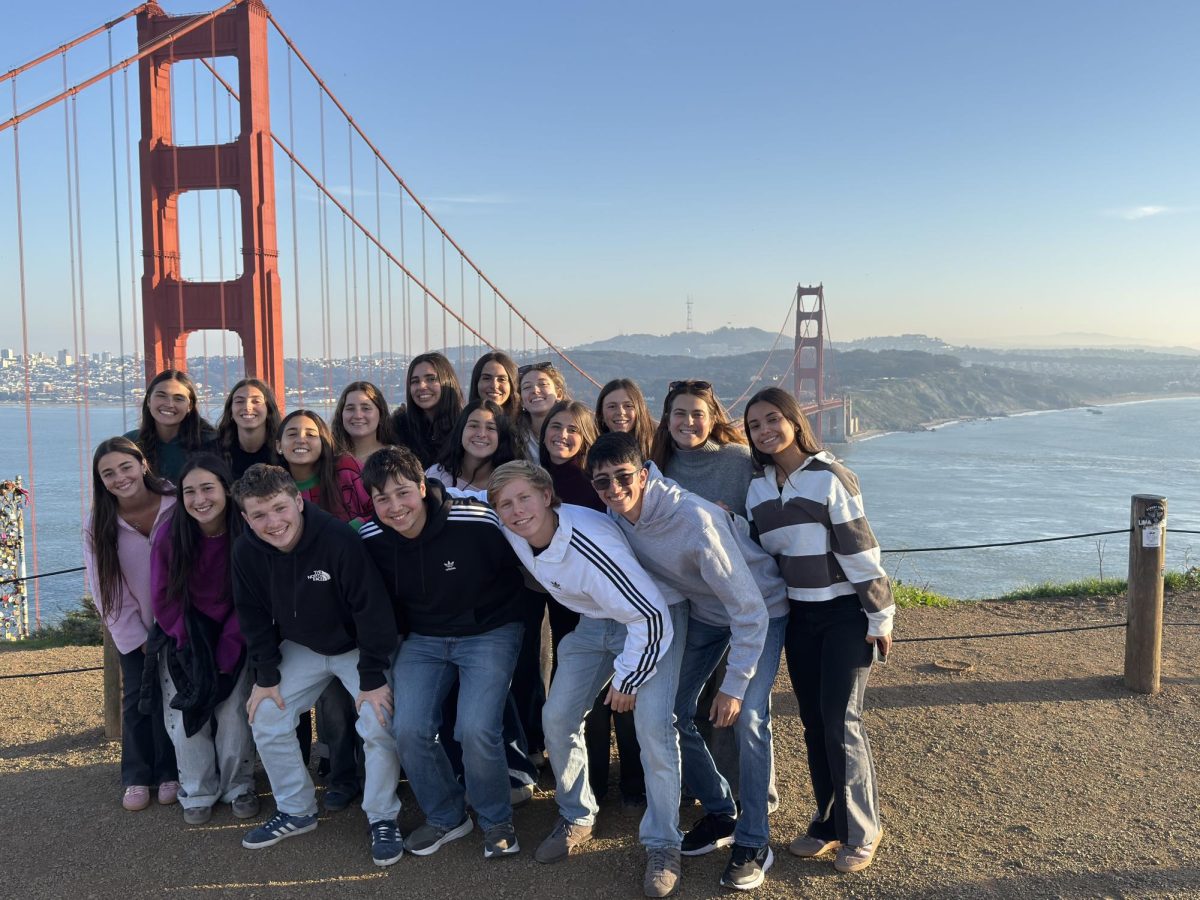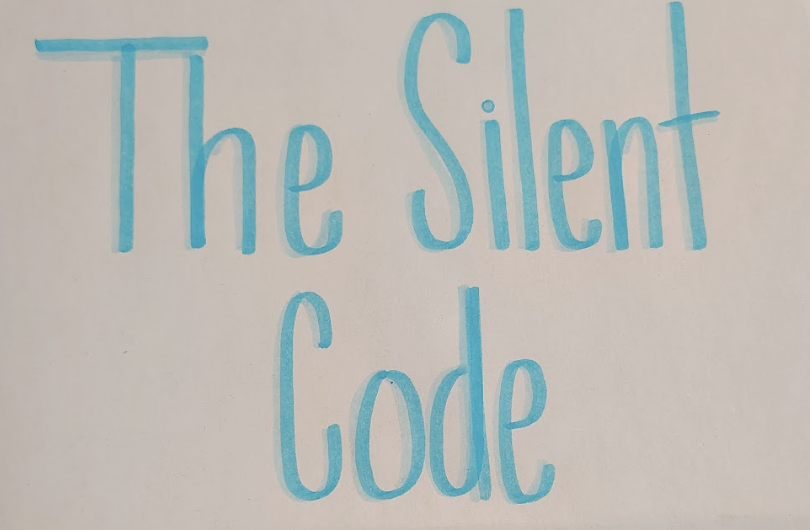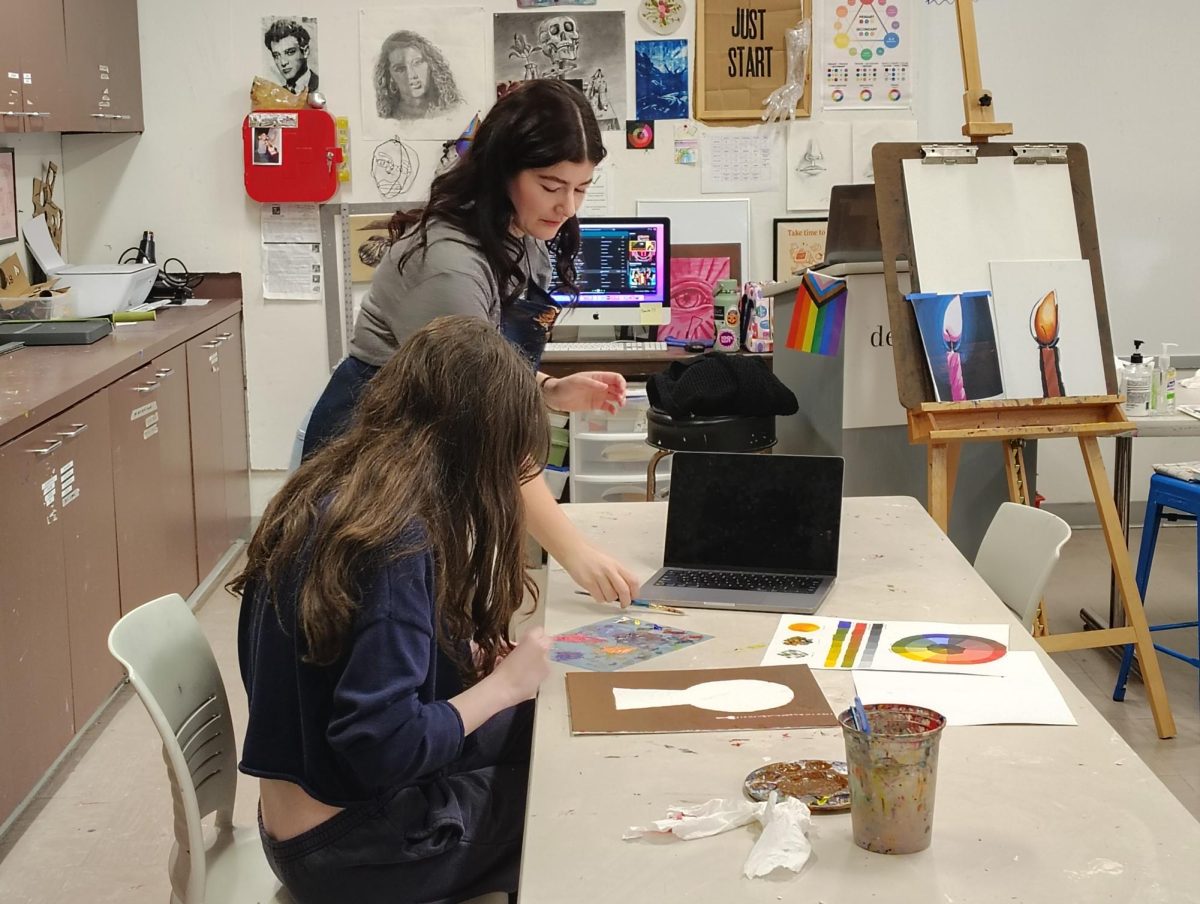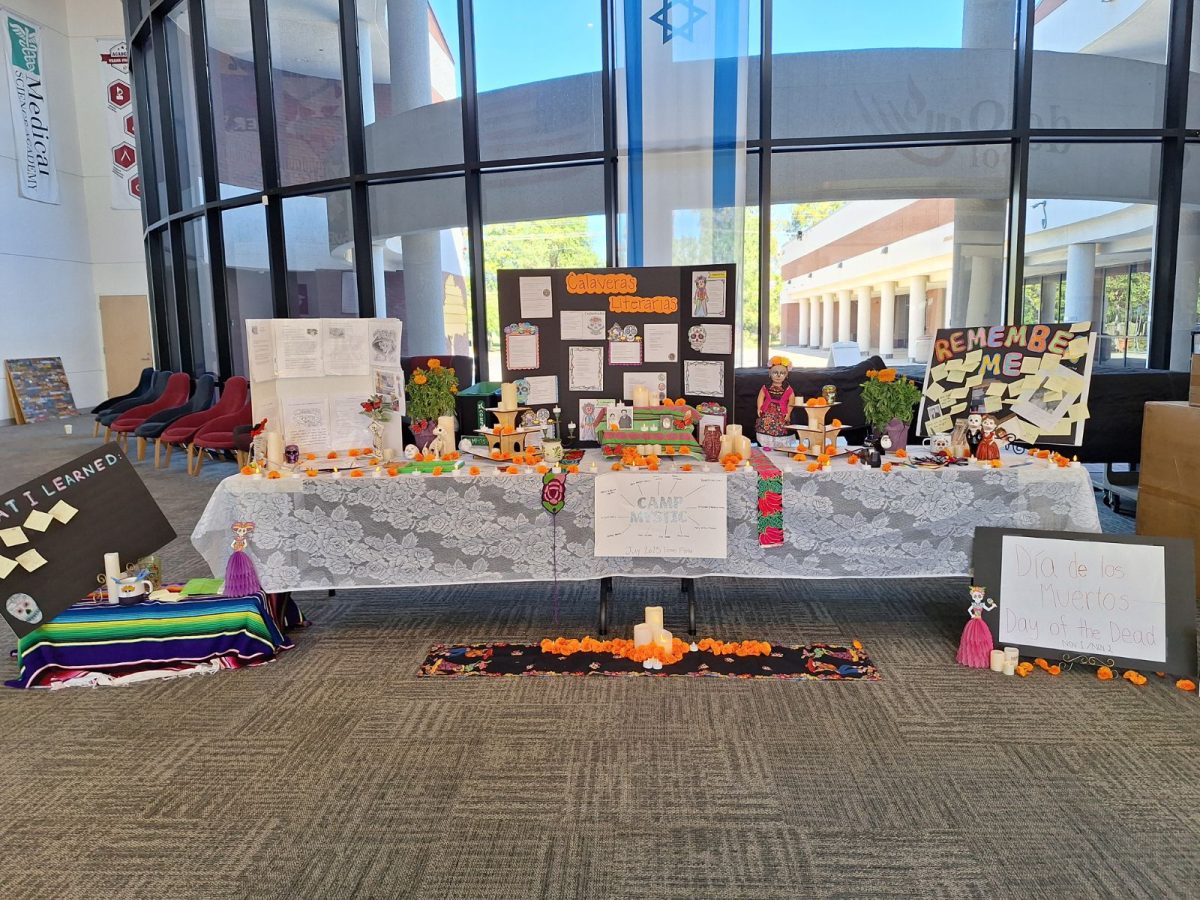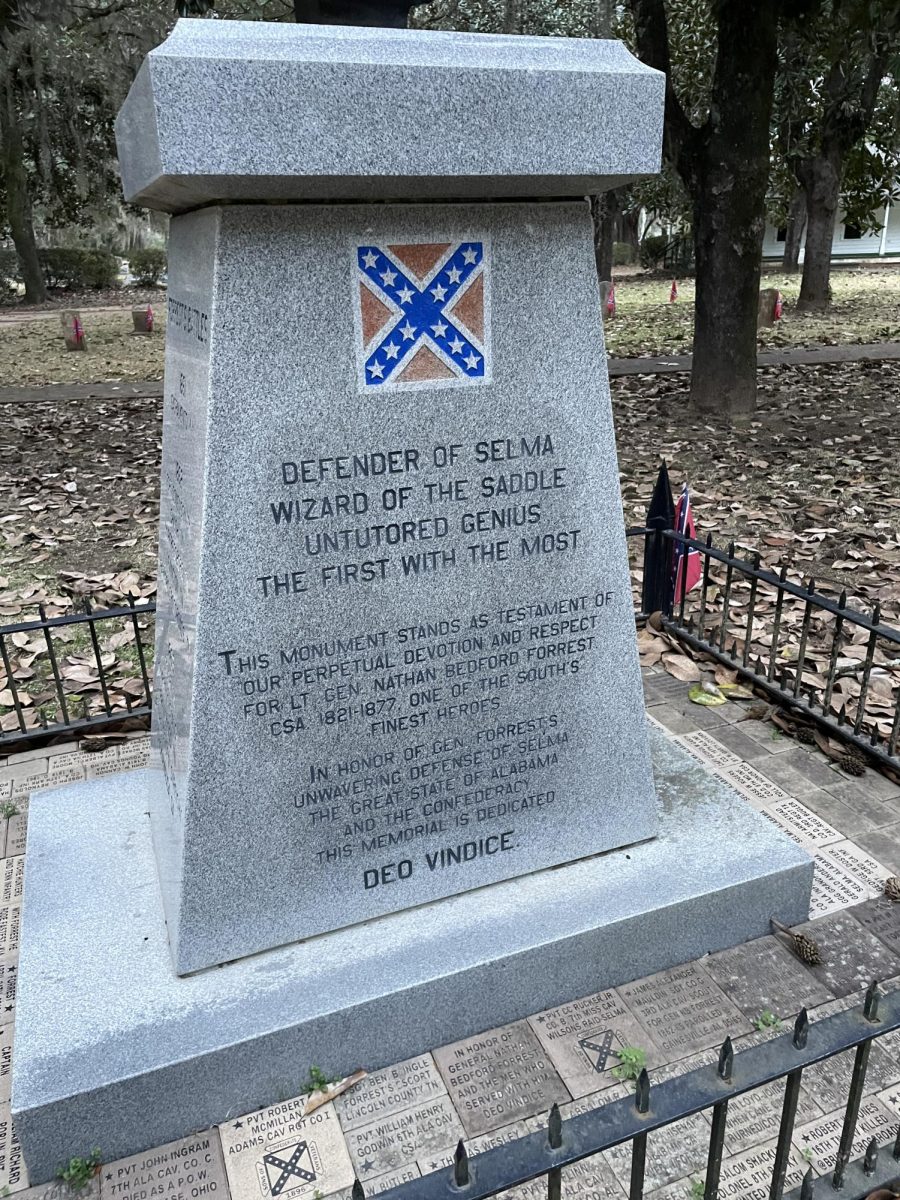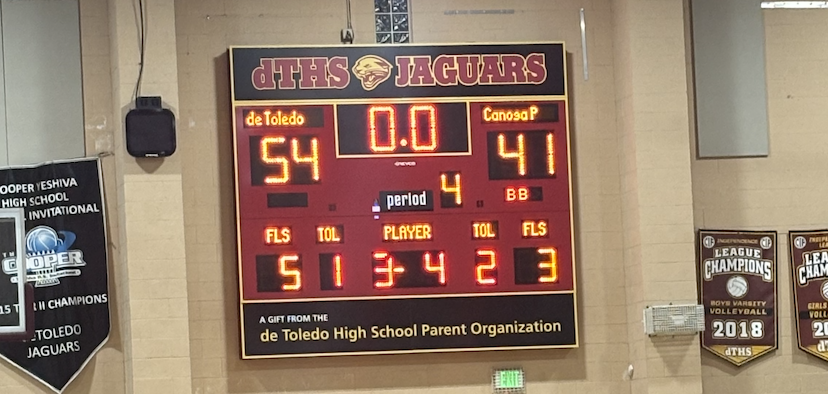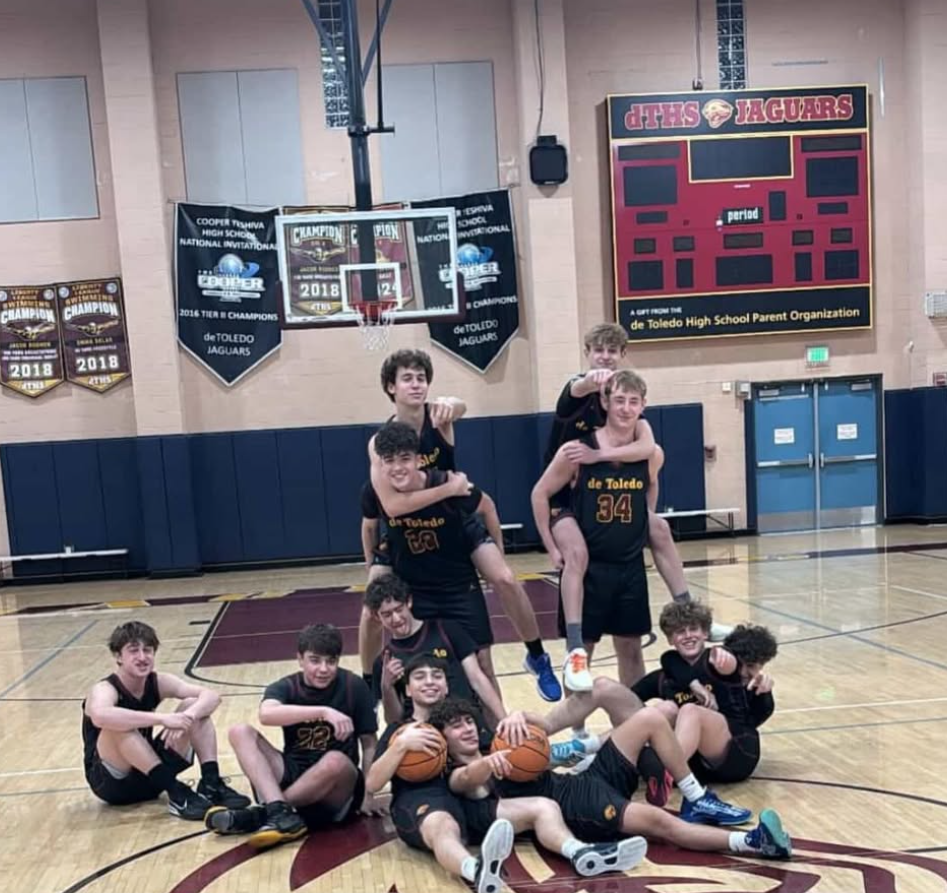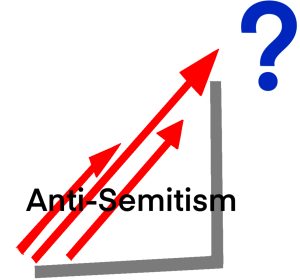Names ‘In the Wilderness’
Reprinted from May 19, 2023, “JagTorah”
Parasha: Bamidbar
I remember, when I was in eighth grade, looking over my teacher’s shoulder to see our attendance list. The one-page sheet had little bubbles to fill in the absences for each student for each day of the week. It was a document of precision and timeliness; five minutes into the period, without fail, an assistant would come by to collect the document and to make sure everyone was accounted for.
When I snuck glances at this document, my main focus was its list of names. I had just moved into my school district from a different city, and wanted to get to know everyone as quickly as I could. Attentive to detail, I noticed the spelling of each name and their alphabetical order. I still remember in particular one class with three Amys – Richardson, Shulkin, and Shapiro. As I figured out which one was which, I felt like I knew them better. Knowing these names was the first step to forming friendships and becoming part of my new community.
The book of Torah that we begin to read this week – and this week’s parasha in particular – are notorious for their long lists of names and census counts. This accounting of people inspired the book’s English name: Numbers. Compared to the rich narrative of Genesis and Exodus, the intricate rituals described in Leviticus, and the inspirational words of Moses in Deuteronomy, these lists of names can seem a bit… dry. Why do we have them?
For me, the answer to this question is connected to the Hebrew name of this book and parasha – and to my experience as an eighth grader. In Hebrew, our parasha is called Bamidbar, meaning “in the wilderness” or “in the desert”. When we’re in an unfamiliar place – whether it’s a literal wilderness or just a new place we haven’t visited before – we want to stick close to the people we know. We want to make sure that we, and our loved ones, are present and accounted for. A student in a new school can feel much the same way, wanting to make sure that they – and their new friends – are seen, known, and recognized as part of a community.
As we read our parasha this week, and continue ahead to the book of Bamidbar, let’s read these lists of names – our ancient attendance sheets – slowly, thoroughly, and with great care. Let’s remember that each name in the list represents a whole person. And let’s make sure everyone in our family, everyone in our tribe, is present and accounted for.

